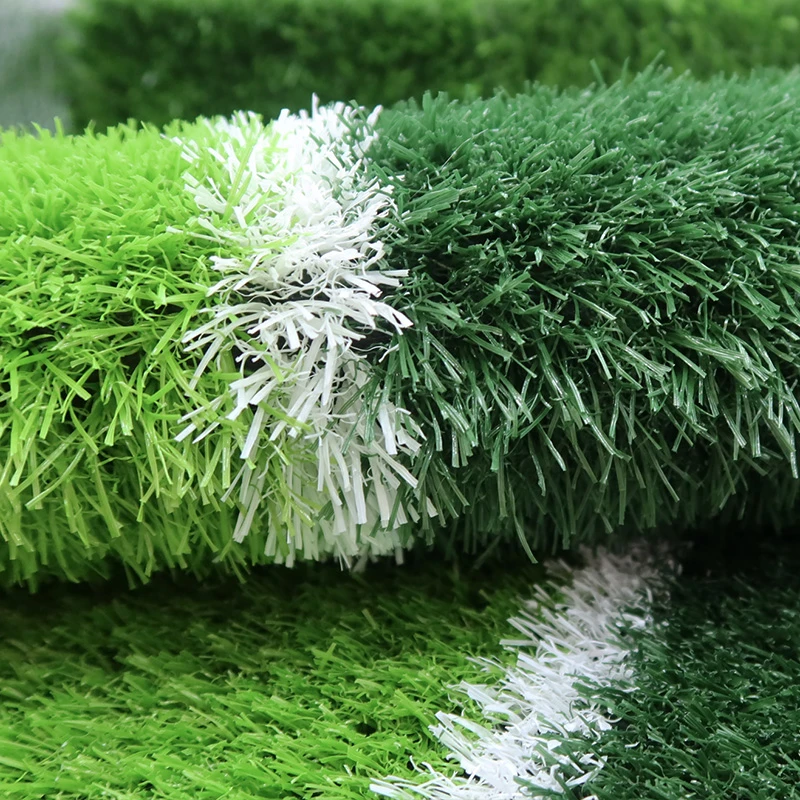
- Afrikaans
- Arabic
- Belarusian
- Bengali
- Czech
- Danish
- Dutch
- English
- Esperanto
- Estonian
- Finnish
- French
- German
- Greek
- Hindi
- Hungarian
- Icelandic
- Indonesian
- irish
- Italian
- Japanese
- kazakh
- Rwandese
- Korean
- Kyrgyz
- Lao
- Latin
- Latvian
- Malay
- Mongolian
- Myanmar
- Norwegian
- Persian
- Polish
- Portuguese
- Romanian
- Russian
- Serbian
- Spanish
- Swedish
- Tagalog
- Tajik
- Thai
- Turkish
- Turkmen
- Ukrainian
- Urdu
- Uighur
- Uzbek
- Vietnamese
Exploring the Benefits of Artificial Grass for Paved Areas and Outdoor Spaces
Dec . 11, 2024 10:23 Back to list
Enhancing Landscapes with Pavers and Artificial Grass A Modern Solution
In the realm of landscaping, pavers and artificial grass have emerged as two of the most popular solutions for homeowners looking to create beautiful, low-maintenance outdoor spaces. As people become increasingly aware of the environmental impacts of natural grass, the use of synthetic turf and paving stones has surged, transforming lawns and gardens into stunning, functional areas. This article explores the key benefits of combining pavers and artificial grass, the choices available, and how these materials can enhance the aesthetic appeal and usability of outdoor spaces.
The Appeal of Artificial Grass
Artificial grass has revolutionized the way we perceive lawns. Gone are the days when maintaining a lush green yard mandated endless hours of mowing, watering, and fertilizing. Modern synthetic turf is designed to mimic the appearance and feel of natural grass, yet it requires minimal maintenance. Made from durable materials like polyethylene, polypropylene, or nylon, artificial grass is designed to withstand heavy foot traffic and adverse weather conditions.
One of the most significant advantages of artificial grass is its water conservation benefits. In regions where water scarcity is a concern, opting for synthetic turf can drastically reduce water usage, as it does not require irrigation. Moreover, artificial grass does not harbor pests, which means fewer pesticides and fertilizers are needed, making it a more environmentally friendly choice.
The Versatility of Pavers
Pavers are another fantastic addition to any outdoor area, offering versatility in design and endless aesthetic options. These stones come in various shapes, sizes, colors, and materials, allowing homeowners to create customized pathways, patios, and driveways. Pavers are typically made from concrete, stone, clay, or recycled materials, resulting in a durable surface capable of handling heat, cold, and heavy loads.
Installing pavers not only enhances the visual appeal of a landscape but also provides functionality. A well-designed paved area can facilitate outdoor gatherings, provide a solid surface for furniture, and create defined spaces within a garden. Additionally, pavers can be designed with permeable solutions that allow water to drain through, reducing runoff and contributing to better water management.
The Perfect Combination
pavers artificial grass

When paired together, pavers and artificial grass offer a harmonious blend of aesthetics and practicality. For instance, a paver pathway bordered by lush synthetic turf can create a striking visual contrast while providing a well-defined route through the garden. Homeowners can use pavers to create stylish patios or outdoor living spaces that complement the soft, inviting look of artificial grass.
Moreover, using both materials together can optimize space utilization. For example, surrounding a fire pit or a seating area with pavers while filling in the remaining sections with artificial grass creates a cozy yet functional outdoor environment. This combination can truly transform an ordinary backyard into a resort-like retreat.
Installation and Maintenance
The installation of pavers and artificial grass requires careful planning and preparation. First, it’s essential to establish a solid foundation to ensure that both materials remain stable and functional over time. For pavers, a base of crushed stone is typically laid down, followed by sand to create a smooth surface for the pavers. For artificial grass, the ground must be leveled, compacted, and sometimes topped with a layer of sand or crushed stone to allow for proper drainage.
Once installed, the maintenance of both materials is minimal. While occasional cleaning is needed to keep pavers looking their best, artificial grass is particularly low maintenance—requiring regular brushing to keep the fibers upright and the occasional rinse to remove debris.
Conclusion
The combination of pavers and artificial grass offers an effective solution for homeowners looking to elevate their outdoor spaces. With benefits like reduced maintenance, water conservation, and incredible aesthetic potential, these materials are not just practical; they are also a reflection of modern landscaping trends that prioritize sustainability and functionality.
Whether you are looking to create an inviting patio, a lively playground for children, or a serene garden retreat, the synergy between pavers and artificial grass presents endless possibilities. Embrace this contemporary approach to landscaping, and enjoy the beauty and ease of a sophisticated outdoor environment for years to come.
-
The Benefits of Artificial Turf for Indoors
NewsJul.15,2025
-
How Artificial Grass Suppliers Ensure Quality Products
NewsJul.15,2025
-
Artificial Grass and Pets: A Space for Relaxation
NewsJul.08,2025
-
Balcony & Outdoor Decoration with Artificial Grass
NewsJul.08,2025
-
Best Indoor Artificial Grass for Home
NewsJul.07,2025
-
Best Pet Turf for Dogs: Safe & Durable Artificial Grass Options
NewsJul.07,2025
Products categories









